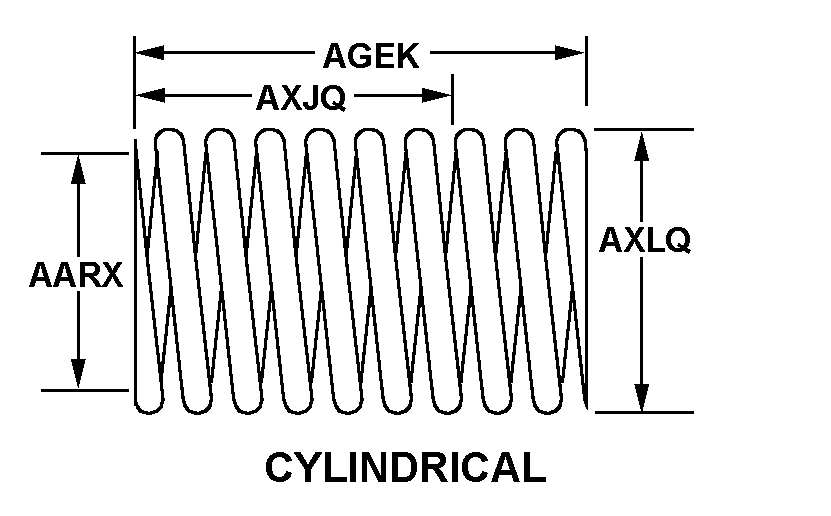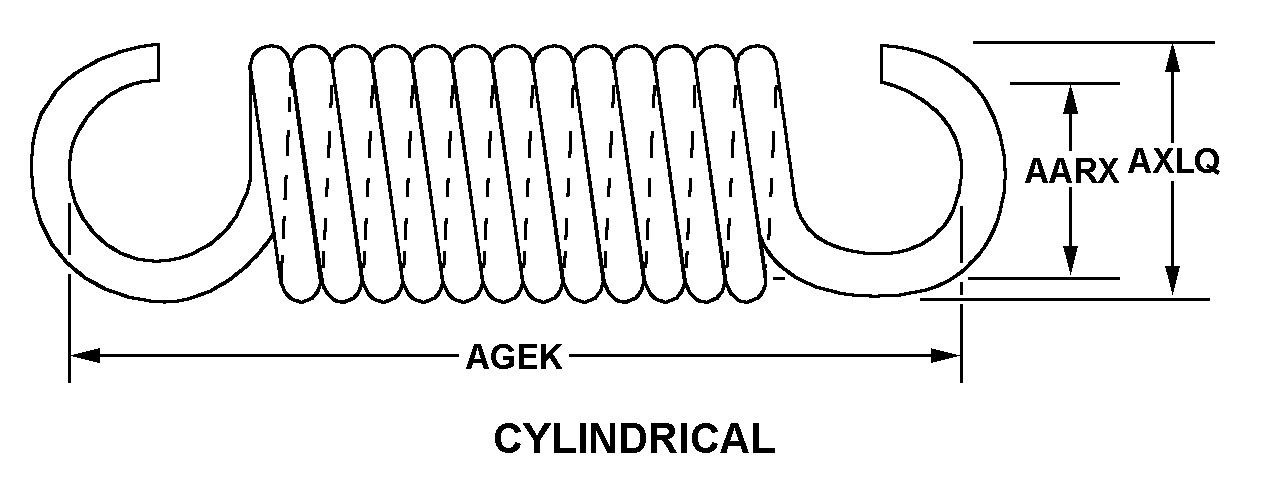5360012130848
Price Quote Get an up to date pricing and availability quote for this product. Order online or over the phone.
Quality Commitment
Serving our customers with quality and safety first.
- AS9120 Certified
- Audited supply chain
- ITAR Registered
- DDTC Registered
- HAZMAT Certified
- Customer service objectives
- Every product 100% inspected

5360-01-213-0848 Specification Set by the OEM (see RNCC code 3)
0.585in. and 0.615in.
short twisted hook
0.075in.
2.500in.
2
closed
RIGHT-Hand
7.750 pounds per inch
0.735in. and 0.765in.
0.300in.
0.300in.
steel comp 302 or steel comp 304
QQ-W-423, form 1, comp FS302 fed spec 1st material response or QQ-W-423, form 1, comp FS304, cond a fed spec 2nd material response or ams 5688 assn std 3rd material response
passivate
cylindrical
96214-419351 manufacturers specification control
Cross Reference Parts Part numbers that meet the specification outlined on this page and set by the OEM
Identification Item Identification Guide (IIG) and Item Name Code (INC)


Definition Definition of approved item name (AIN): "SPRING,HELICAL,EXTENSION"
An open-or close-coiled spring, wound in various forms and from different shapes and types of materials and finished at the ends, so designed to provide resistance to pulling forces. The close-coiled springs may incorporate the special feature of initial tension created between the coils when wound so that an initial load must be applied to separate them. Excludes spring, reinforcing, hose.
5360-01-213-0848 Material Hazmat, Precious Metals, Criticality, Enviroment, and ESD
Indicates there is no data in the hmirs and the nsn is in a fsc not generally suspected of containing hazardous materials.
Precious metal content is unknown
The item does not have a nuclear hardened feature or any other critical feature such as tolerance, fit restriction or application.
Identification Codes
HMIC: Hazardous Material Indicator Code. A one position code that identifies a hazardous item.
PMIC: Precious Metal Indicator Code. A one position code which identifies items that have precious metals as part of their content. precious metals are those metals generally considered to be uncommon, highly valuable, and relatively superior in certain properties such as resistance to corrosion and electrical conductivity.
ESD: Electrostatic Discharge. Indicates if an item is susceptible to electrostatic discharge or electromagnetic interference damage. electrostatic discharge damage occurs when an accumulation of static electricity generated by the relative motion or separation of materials is released to another item by direct contact. electromagnetic interference damage occurs when an item comes into proximity with an electrostatic or magnetic field.
ENAC: Enviromental Attribute Code. Identifies items with environmentally preferred characteristics.
CRITL: Criticality Indicator Code. Indicates an item is technically critical by tolerance, fit, application, nuclear hardness properties, or other characteristics.






